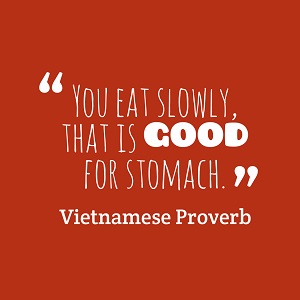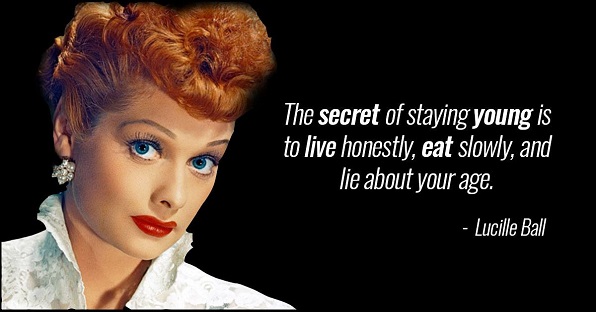The focus has traditionally been on changing what you eat, how much you eat and when you eat it, when it comes to creating diets and ‘healthy eating’ plans. But, now, Japanese researchers have discovered that other behavioural factors can have a significant effect on weight-gain/loss…
A study by researchers at the Japan Medical Data Center (JMDC) shows that losing weight and keeping it off can be aided materially by a few simple changes in your routine.
The study examined health insurance data for nearly 60,000 people with diabetes in Japan who submitted claims and had regular health check-ups between 2008 and 2013. The data included information on the dates of consultations and treatments, the check-ups included measurements of weight, (BMI) and waist circumference, and the results of tests for blood chemistry, urine, and liver function.
During the check-ups, participants were quizzed about their lifestyle, including their eating and sleeping habits as well as alcohol and tobacco use.
The researchers came up with three simple findings which can be stated as recommendations:
- Eat more slowly
- Cut out after-dinner snacks
- Don’t eat within two hours of going to bed.
A minority of the people studied (just over 4,000) reported eating slowly. They were judged 42 per cent less likely to be obese than those who wolfed down their food. Those who ate at a ‘normal rate’ were found to be 298 per cent less likely to be obese than those who gobbled their meals.
Absolute reductions in waist circumference during the study – an indicator of a potentially harmful midriff bulge – were small, but they were greater among the slow and normal speed eaters.
Snacking after dinner and eating within 2 hours of going to sleep 3 or more times a week were also strongly linked to changes in BMI. But skipping breakfast wasn’t. That surprised me.
Researchers summed up their findings by saying that, at its most basic, the study shows that weight gain or loss can depend significantly on when you eat relative to when you are most active and burn the most Caloroies.
That didn’t surprise me at all
I’ve recently started eating a bigger meal at breakfast – more like a supper, in many respects – and a light, lunch heavy on fruits and veggies, I drink only water or other Sugar-free beverages through the day and sit down to a modest, well-balanced evening meal. only water and other sugar-free beverages throughout the day.
Using this regime, I’ve managed to schedule my main ‘fuel’ intake of the day to coincide with the start of the most active part of my day, and I’ve been successful in keeping off – and even losing a little more – wright that I lost in my mouth injury-mandated crash diet over the year-end holidays. I do not eat within two hours of going to be. I don’t snack at all, anymore. I’ve never smoked, nor do I abuse alcohol. I try to be busy with something that interests me – engrosses me – at times when I used to eat just to fill the time.
Imagine how delighted I was to see that the Japanese study of 60,000 people supports my own accidental findings!
~ Maggie J.


